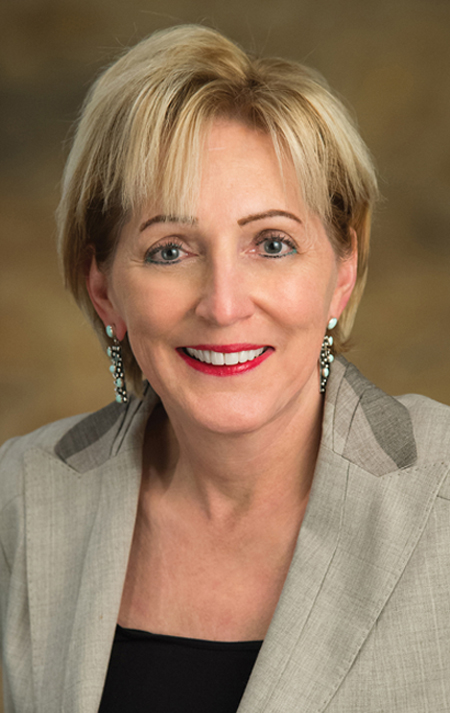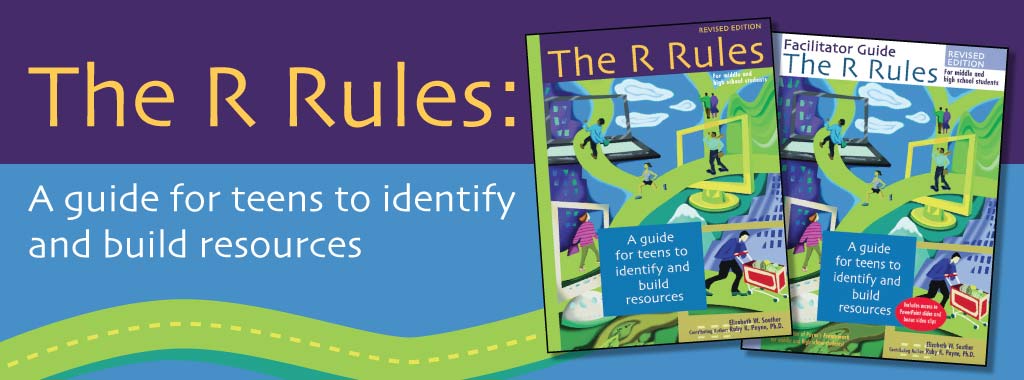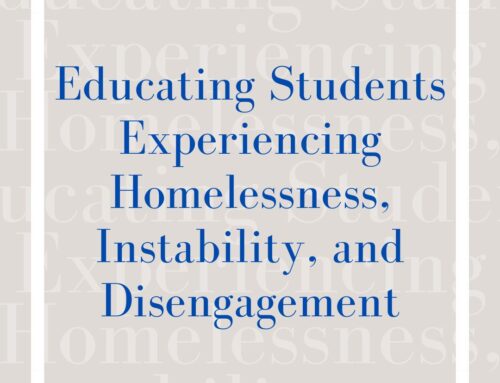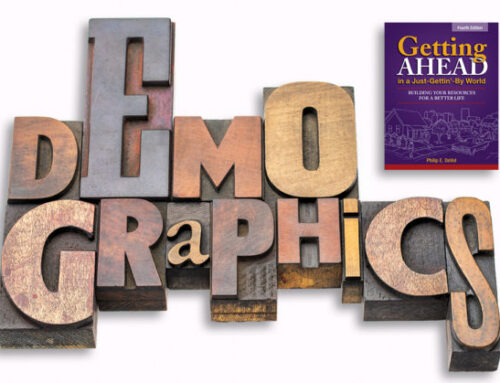@rubyKpayne
 The New Year’s resolution thing—everyone has an opinion about it.
The New Year’s resolution thing—everyone has an opinion about it.
“I just do it so I can break my goals.” “What a waste of time.” “I do it because everyone else does it.” “I wouldn’t even consider it.” “Who cares? Live and learn. Die and forget it all.”
I have made New Year’s resolutions now for 25 years. Many, many of the items on my list have been accomplished over the years. One study I read indicated that individuals who write down their goals are much more likely to achieve them than those who do not write them down.
So why do I set goals at the New Year and multiple times during the year?
- I am more focused and productive during the year. I make better use of my time. The one thing that is the same for everyone in the world is time—each of us has 24 hours a day. How you spend your time determines not only what you know but what you get done. Planning how to use your time is critical to success in life. That your time will eventually run out is the one aspect of your life that is fixed.
- If you do not make your own “future story,” then by default you let someone else determine your future story. Setting goals is defining that future story and the strategies you will use to get there. If you don’t know where you are going, you are not going to get there. So if you want to be the “boss of your own feet,” you are going to have to be the “boss of your own story.”
- Goal setting helps you confront your own fears and inadequacies. As John Townsend says in his book The Entitlement Cure: Finding Success in Doing Hard Things the Right Way, in order to grow you have to do the “next hard thing.” Napoleon Hill, who wrote the book Think and Grow Rich, also wrote a book called Outwitting the Devil: The Secret to Freedom and Success. Outwitting the Devil was written in the 1930s but was not published until 2011. Hill interviewed nearly 25,000 people during the 1930s about what made them successful. He concluded that a very small percentage of people were actually able to develop their own pathways. More than 95% of the others were held back by their own fears and the expectations (norming) of others.
- Setting goals helps you age well. One of the aspects of getting older that few individuals discuss is the need to reinvent yourself at least every 10 years. Goals that you had in your 20s are no longer meaningful or helpful in your 40s. If you achieve your goals, then what will you do next? If you do not achieve your goals, what will you do next? What could your body do in your 20s that does not work for you in your 50s? How many movies do you watch or books do you read where you know the basic plot/ending halfway through? How many parties at the bars until you are done with that scenario? You no longer have children at home. What does that mean to your identity? Or you were single, and now you have young children. What does that mean to who you are and to your future story? Reinvention is a key facet of aging well and having a meaningful, fulfilling life at every stage.
- Setting goals helps you identify the “tradeoffs” that you are willing to make. Every life has tradeoffs, and there is one rule that is always true: The loss comes before the gain. If the tradeoff is a conscious choice, then the loss is not so intense.
- Last, but not least, goal setting allows you to give back. I believe that we are spiritual beings in a physical body. And as spiritual beings, we have a deep need for meaning and purpose. In the research, individuals who give back are much happier than those who do not. To give back means that you included reciprocity as part of your future story. As a friend of mine says, “it’s the gift you give for the gift of life.”
Simply setting goals does not mean that you will achieve them all. I have had “learn Spanish” on my list for 10 years, but I have not given it a timeframe, and it has not happened!
Setting goals does mean that you will achieve more of your goals and that your life will be happier, more meaningful, and more fulfilling.
Ruby K. Payne, Ph.D. is the founder of aha! Process and an author, speaker, publisher, and career educator. Recognized internationally for A Framework for Understanding Poverty, her foundational book and workshop, Dr. Ruby Payne has helped students and adults of all economic backgrounds achieve academic, professional, and personal success.









